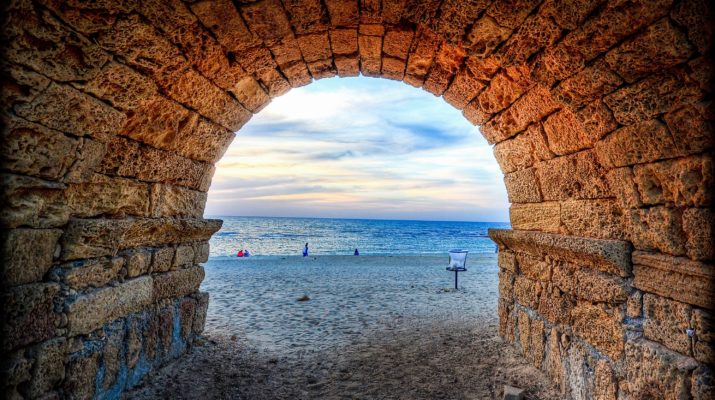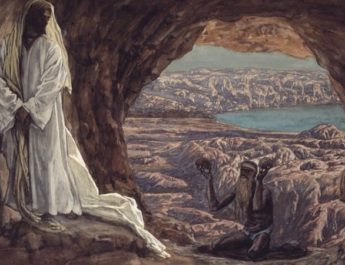Psalm 118:17, 21-24
Narrative Lectionary 339
17 I shall not die,A but I shall live,B
and recountC the deedsD of the Lord.E
21 I thankF you that you have answeredG me
and have becomeH my salvation.I
22 The stoneJ that the buildersK rejectedL
has become the chiefM cornerstone.N
23 This is the Lord’sO doing;
it is marvelousP in our eyes.Q
24 This is the day that the LordR has made;S
let us rejoiceT and be gladU in it.
Image credit: “Beach, Past & Present” in Haifa, Israel by amir appel, 2012




